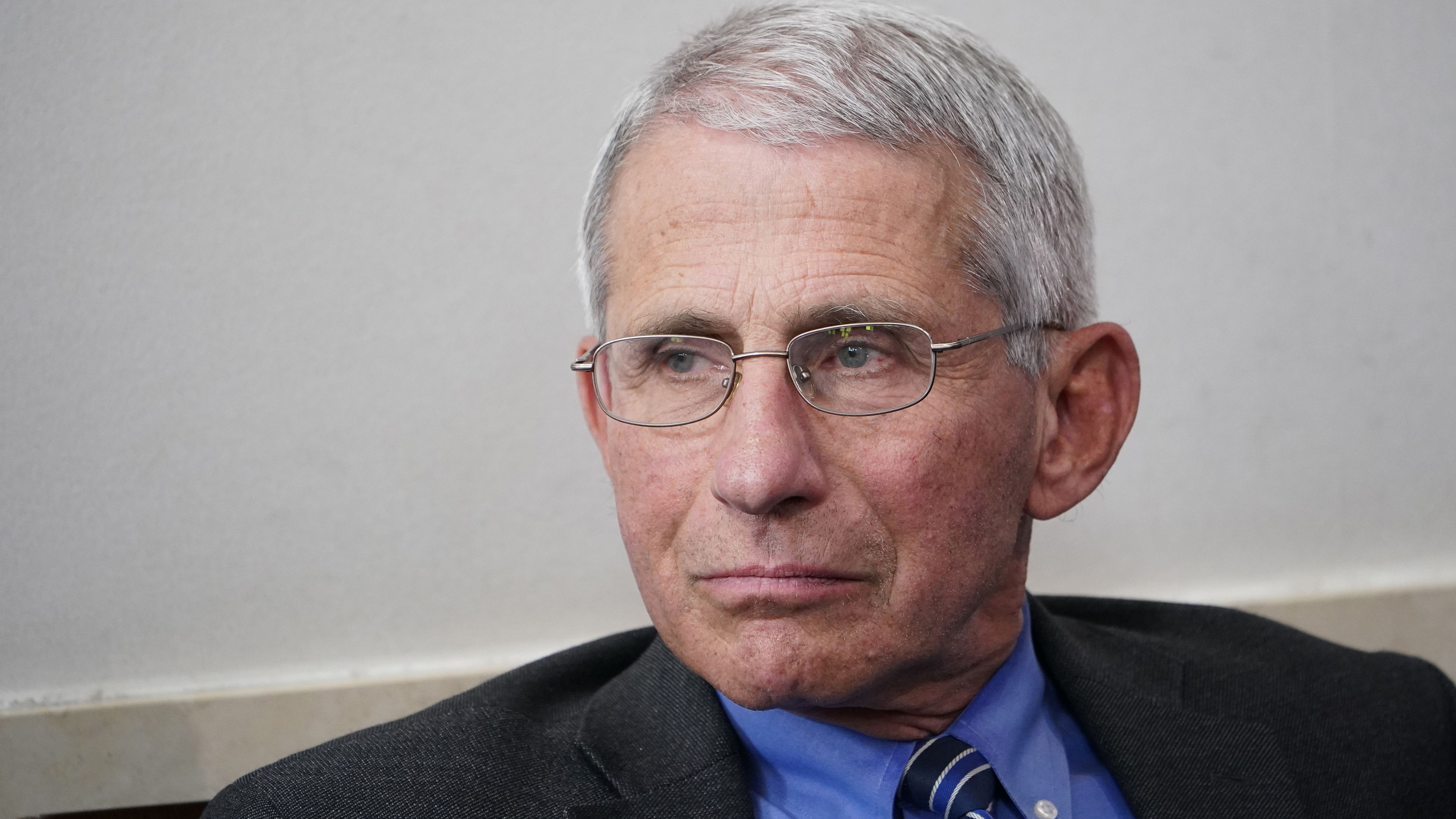Reopening the country too soon might lead to 'really serious' consequences, Dr. Fauci warns
Reopening is not only about "doing it at the appropriate time, with the appropriate constraints, but having in place the capability of responding when the inevitable return of infections occurs."

The nation's top infectious disease expert warned today that reopening states prematurely could have "really serious" consequences.
Dr. Anthony Fauci, the director of the National Institute of Allergy and Infectious Diseases, along with several other government health officials, testified remotely before the U.S. Senate Health Committee today (May 12) on the reopening of the country.
Fauci was expected to warn the committee of "needless suffering and death" if states skip over checkpoints in administration guidelines for reopening the U.S., according to an email he sent to The New York Times yesterday. During the hearing today, he echoed a similar warning.
Related: 13 coronavirus myths busted by science
If communities, cities, states or regions, "prematurely open up without having the capability of being able to respond effectively and efficiently, my concern is that we will start to see little spikes that might turn into outbreaks," Fauci said. He recommended that the states should follow the administration's guidelines for safely reopening, which includes criteria that need to be satisfied before easing restrictions. Before a "phased comeback" there must be a 14-day downward trajectory of cases or a downward trajectory of positive tests as a percent of total tests within a 14-day period and hospitals must be able to treat all patients without crisis case and there must be a good testing program in place for healthcare workers, according to the guidelines.
If communities, states or regions reopen too soon, without following the guidelines, "the consequences could be really serious," he said.
Even if states reopen at the appropriate pace, it's important they have in place the capability to fight cases when they do appear, he said. "There is no doubt even under the best of circumstances, when you pull back on mitigation, you will see some cases appear. It's the ability and the capability of responding to those cases with good identification, isolation and contact tracing [that] will determine whether you can continue to go forward as you try to reopen America," he said.
Get the world’s most fascinating discoveries delivered straight to your inbox.
Reopening, he added, is not only about "doing it at the appropriate time, with the appropriate constraints, but having in place the capability of responding when the inevitable return of infections occurs."
What's more, a second wave of infections in the fall, similar to what happened during the 1918 Spanish flu outbreak, is possible, Fauci said in response to Sen. Bernie Sanders' question during the hearing.
Even if we get control of the virus, "it is likely that there will be virus somewhere on this planet that will eventually get back to us." But with more testing capability, stocks of personal protective equipment and a better ability to identify, isolate and contract trace, "I hope that if we do have the threat of a second wave we will be able to deal with it very effectively to prevent it from becoming an outbreak."
- The 12 deadliest viruses on Earth
- 20 of the worst epidemics and pandemics in history
- 11 (sometimes) deadly diseases that hopped across species
Originally published on Live Science.
OFFER: Save 45% on 'How It Works' 'All About Space' and 'All About History'!
For a limited time, you can take out a digital subscription to any of our best-selling science magazines for just $2.38 per month, or 45% off the standard price for the first three months.

Yasemin is a staff writer at Live Science, covering health, neuroscience and biology. Her work has appeared in Scientific American, Science and the San Jose Mercury News. She has a bachelor's degree in biomedical engineering from the University of Connecticut and a graduate certificate in science communication from the University of California, Santa Cruz.
 Live Science Plus
Live Science Plus






